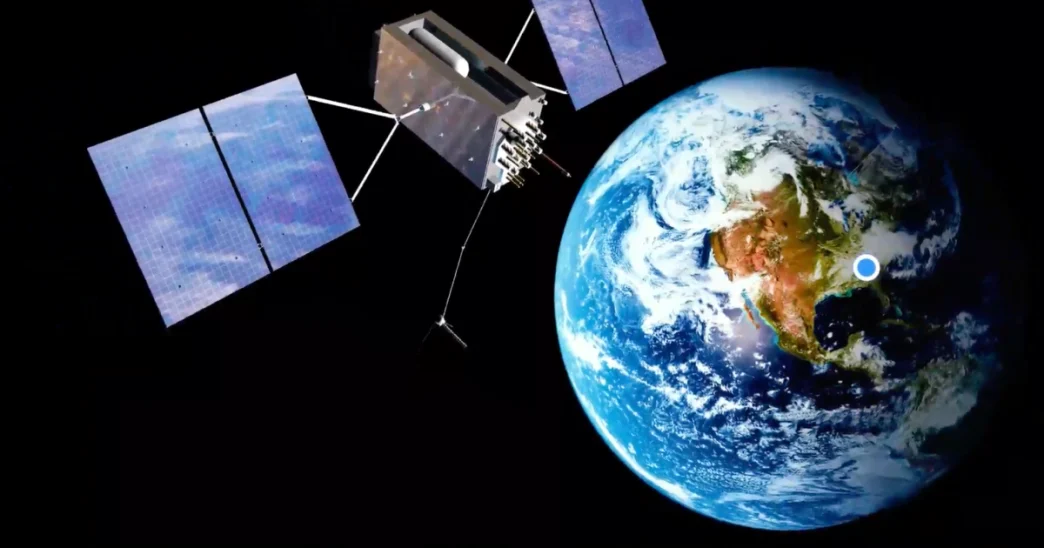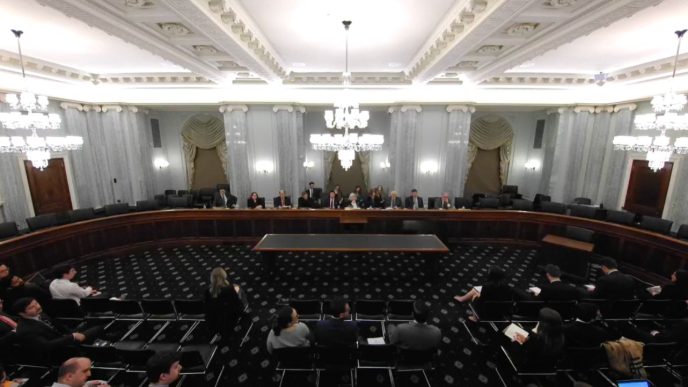The U.S. Space Force has selected four companies—Astranis, Axient, L3Harris Technologies, and Sierra Space—to develop concepts for smaller, cost-efficient GPS satellites, aiming to enhance the resilience of the existing Global Positioning System (GPS) network. The announcement, made by the Department of the Air Force on September 23, marks the beginning of the Resilient GPS (R-GPS) program, designed to explore the use of proliferated small satellites for transmitting core GPS signals. The financial terms of the agreements were not disclosed.
The R-GPS initiative stems from recent resilience studies that recommended a supplementary fleet of small GPS satellites to bolster the current system, according to a statement from the Department of the Air Force.
San Francisco-based Astranis, known for producing small, affordable geostationary satellites, is among the companies selected. Defense contractor Axient, which was recently acquired by Astrion, also joins the program. L3Harris Technologies, a major supplier of navigation payloads for GPS satellites, and Sierra Space, a space infrastructure developer, round out the list of chosen firms.
The program is being expedited under the “Quick Start” authority granted by Congress in the 2023 National Defense Authorization Act. This authority allows for rapid initiation of Space Force and Air Force programs to address emerging threats and technologies. “This authority allows us to move faster and start new Space Force and Air Force programs, and we appreciate Congress providing us this authority,” said Secretary of the Air Force Frank Kendall.
The R-GPS program will proceed in three phases, with this first phase focusing on conceptual designs. Up to eight satellites could be launched by 2028. Future phases will narrow the field, leading to prototype development and the selection of vendors for final satellite production.
“The importance of resilience can't be overstated,” said U.S. Space Force Chief of Space Operations Gen. Chance Saltzman. “R-GPS is one way we're working to ensure access to critical positioning, navigation and timing capabilities, for the warfighter and civil users alike.”
Despite the program's strategic importance, the House Appropriations Defense Subcommittee has raised concerns about its efficacy. The subcommittee, which denied a $77 million funding request for R-GPS, questioned whether adding more satellites would adequately address threats like GPS jamming. It also suggested that alternative positioning, navigation, and timing systems could be more effective, criticizing the program for focusing heavily on space-based solutions without addressing vulnerabilities in ground equipment.










